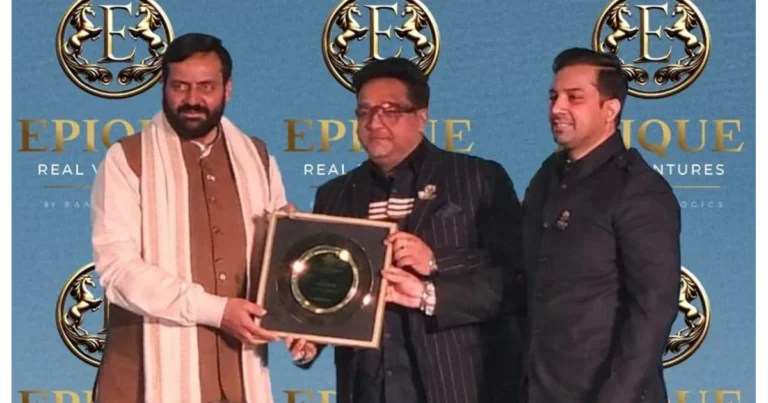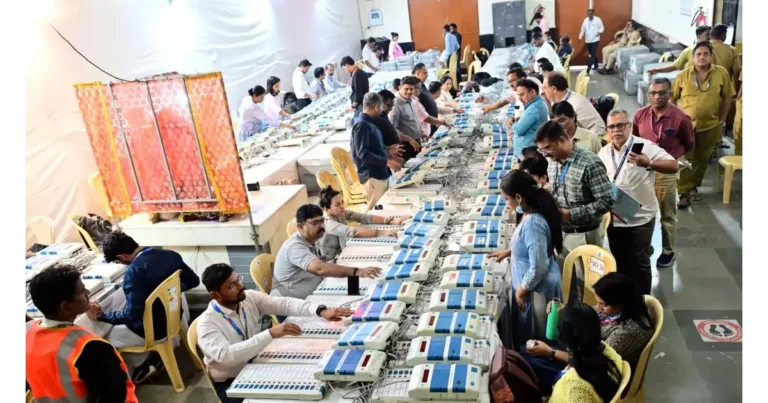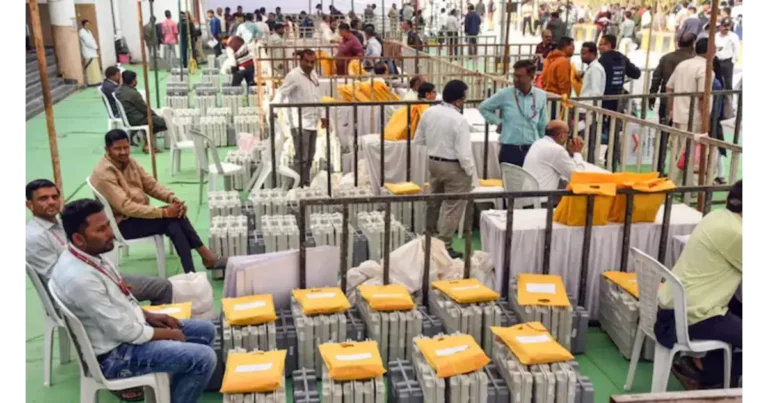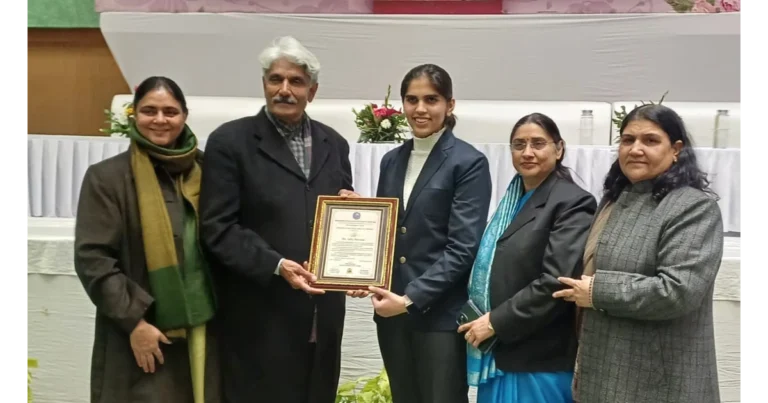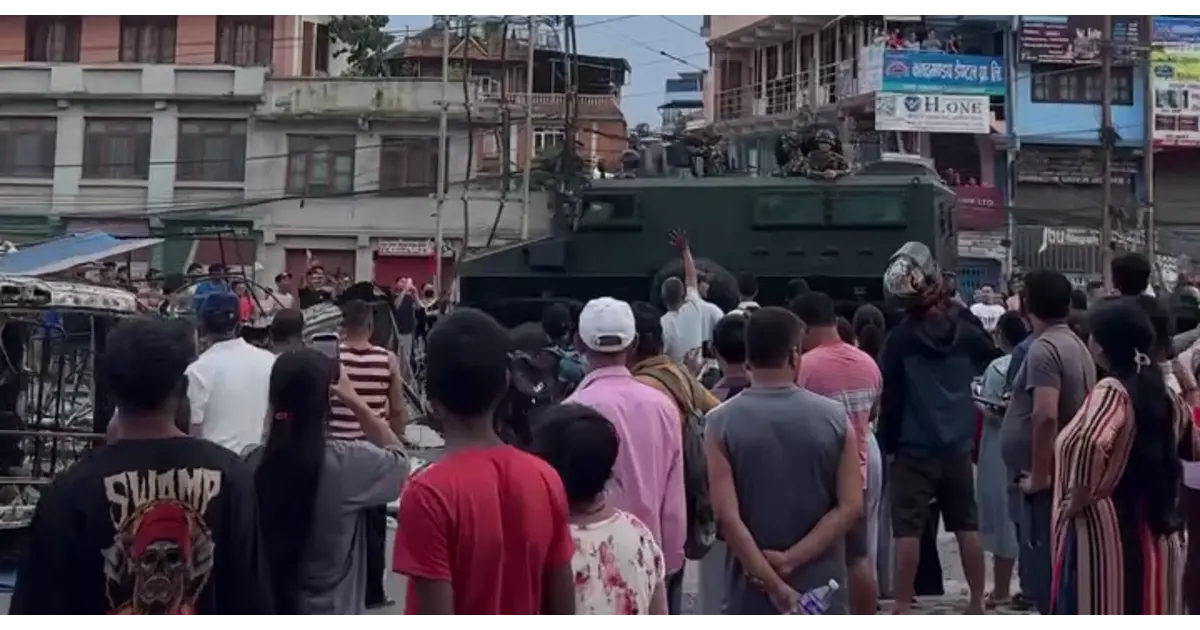
Nepal to Follow Bangladesh-style Governance, Sushila Karki Agrees to Lead Interim Government
Military Takes Charge After Political Collapse
Following two days of violent protests and the collapse of the KP Sharma Oli government, Nepal’s military has assumed control to stabilize the country. Army Chief General Ashok Raj Sigdel has successfully persuaded former Chief Justice Sushila Karki to lead the nation as interim executive head. A major meeting is scheduled today at the Army Headquarters to formalize this transition.
Behind-the-Scenes Talks and Sushila Karki’s Reluctant Acceptance
Sources reveal that General Sigdel held multiple rounds of discussions late Tuesday night with leaders of the Gen Z movement and other key figures. Around 2 a.m., he personally visited Karki’s residence in Dhapasi, requesting her to take charge during the national crisis. Although initially hesitant, Karki agreed approximately 15 hours later, after formal appeals from Gen Z groups.
Support from Kathmandu Mayor
Kathmandu Mayor Balen Shah, who was also considered a contender for the interim role, endorsed Sushila Karki as the most suitable choice. With this consensus, Nepal is preparing to implement a Bangladesh-style administrative model.
Prioritizing Law and Order
General Sigdel has called on all stakeholders to offer input on how to quickly restore normalcy, prepare a common minimum program, and form an interim government by Thursday or Friday. The military emphasized restoring law and order, halting looting and chaos, and bringing all political forces and youth groups to the dialogue table to define Nepal’s new political direction.
Karki to Oversee Constitutional Transition
Sushila Karki, Nepal’s first female Chief Justice, retired in June 2017 after facing an impeachment motion from opposition parties, which was withdrawn post-retirement. She is now set to oversee the beginning of a new constitutional process, as the current decade-old constitution is widely considered ineffective.
Army’s Historical Neutrality and Recent Shifts
In March 2025, General Sigdel had warned then-Prime Minister Oli against detaining former King Gyanendra Shah. Since Nepal’s transition to a secular republic in 2006, the Royal Nepal Army was renamed as the Nepal Army and maintained political neutrality. However, in May 2009, Prime Minister Prachanda’s attempt to dismiss Army Chief Rookmangud Katawal was blocked by President Ram Baran Yadav, leading to Prachanda’s resignation.

